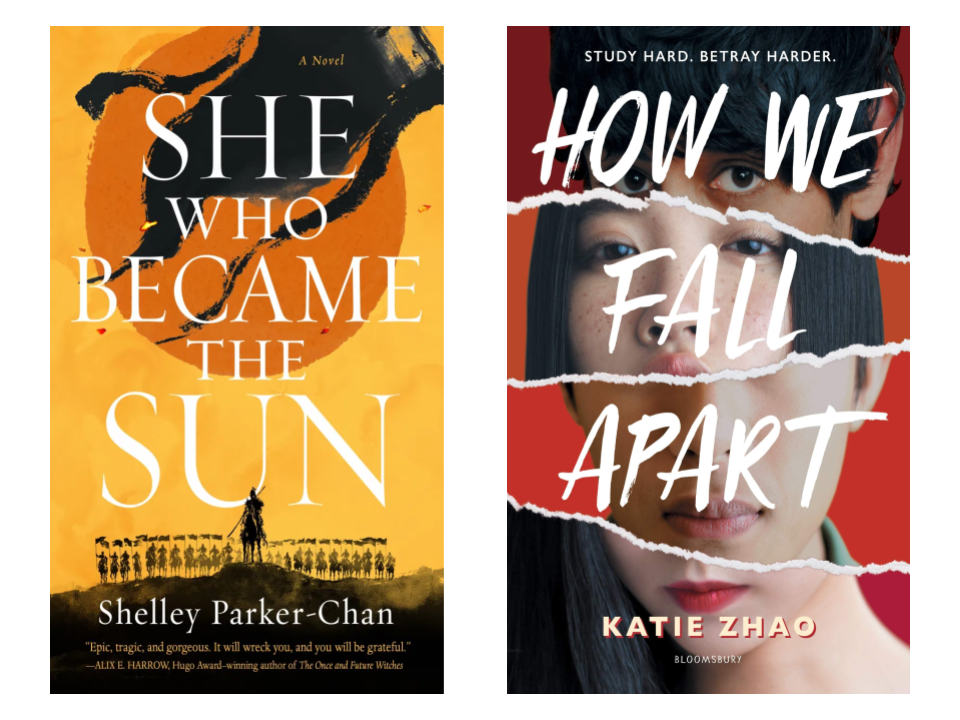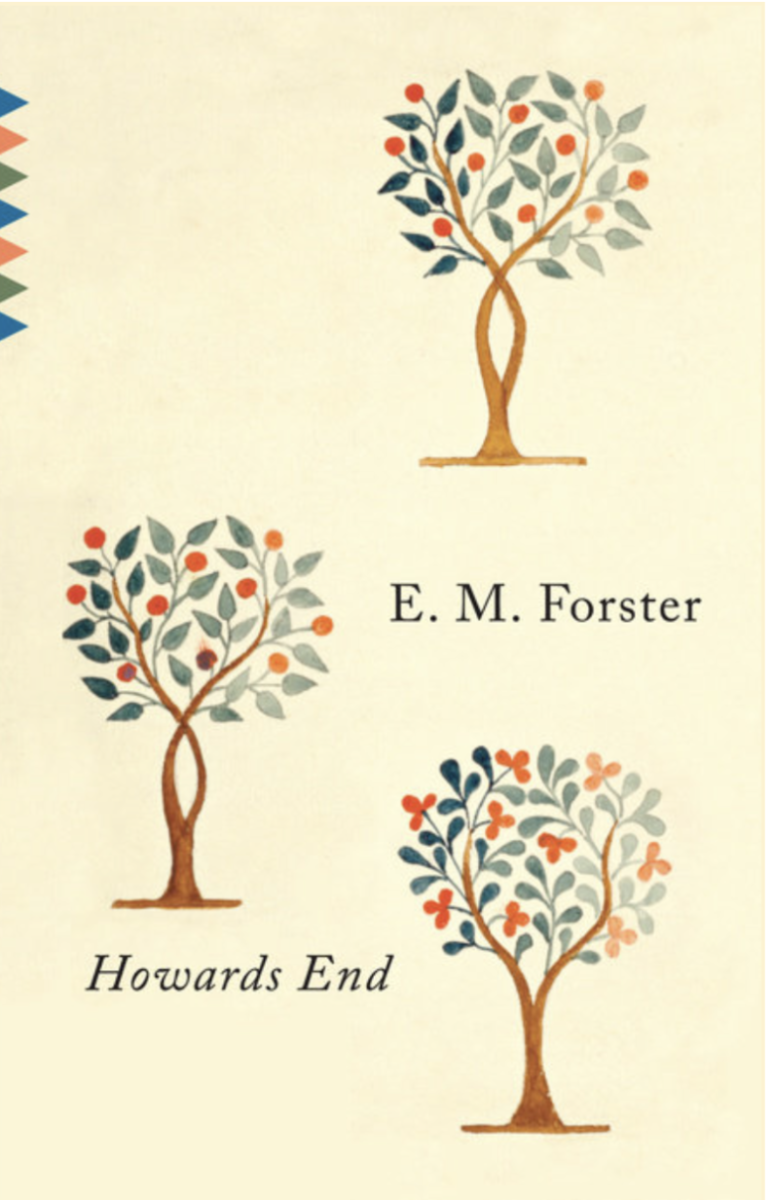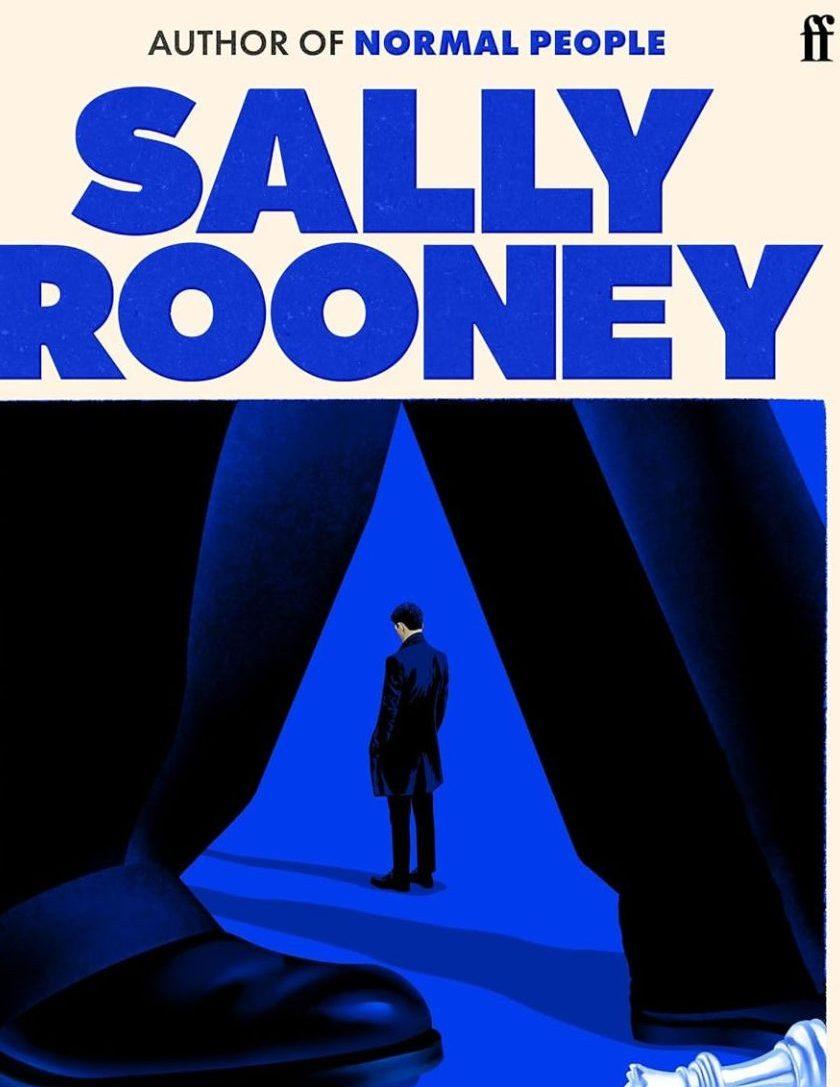She Who Became the Sun — Shelley Parker-Chan, July 20, 2021
How do I describe She Who Became the Sun?
The official answer is that it is a queer fantasy retelling of Zhu Yuanzhang’s rise to power as the founder of the Ming dynasty, something like Mulan meets The Song of Achilles. It is so much more than that, though. It is about power, morality, fate, gender identity, revenge and even love.
Shelley Parker-Chan reimagines Zhu as genderqueer, assigned female at birth. When her brother, the last member of her family, dies when she’s not even a teenager, she takes his name and goes to study in a monastery. By taking her brother’s identity, she hopes she can achieve his fate as well, one of greatness. And then, years later, the Mongols burn down her monastery, and she joins the rebellion, quickly rising up in the ranks.
Parker-Chan’s prose is at once easy to understand and also extremely beautiful and well-crafted. I don’t always do well with literary fiction, but this was entirely manageable for me. Even in a backdrop of war and battle, Parker-Chan still finds ways to include moments of humor and fun. At the same time, however, there are still multiple depictions of violence; check their notes on Goodreads for a list of content warnings.
Books like this really make you think, especially if you’re like me and mostly read fluffy YA novels with morally righteous protagonists. But I had a great time reading this book, and I was very invested in Zhu’s storyline. (I was particularly invested in her love interest’s point-of-view chapters; Ma Xiuying can do no wrong, in my eyes.) The other main storyline, following a leader of the Mongol army, didn’t capture my attention nearly as much, but that’s entirely my personal taste.
As with any fantasy book I’ve ever read, I already do not remember about 75% of what happened in this book. I do remember the vibes, though, and they are immaculate. I’m thrilled for this book to come out this summer, and I’m absolutely terrified for the sequel.
(Last little bit to add: I found a pronunciation guide on Parker-Chan’s website. Happy to report that my Mandarin pronunciation is pretty solid.)
I received an electronic copy of this book from the publisher through Netgalley in exchange for an honest review.
How We Fall Apart — Katie Zhao, August 17, 2021
Allow me to preface this by saying that it takes very, very little for a thriller to surprise me. I’m terrible at picking up on clues, and no matter how predictable it is, I am always shocked at the final villain monologue when all is revealed.
So if you’re a frequent reader of thrillers and mysteries, I have absolutely no idea what to tell you about How We Fall Apart simply because we have very different reading habits, but if you’re not, I can tell you for sure that this book will take you on a wild ride.
Nancy Luo is a classic YA thriller main character, a scholarship student at an elite prep school with skeletons in her closet and some morally dubious motivations. Her former friend has just died, and she and her friends are the main suspects. Determined to clear their names, they launch an amateur investigation.
That all sounds pretty typical for a YA thriller, but this is the first I’ve read that spends so much time examining racial identity, mental health and toxic grade culture all in one. Nancy is not a perfect person by far — I would argue she’s almost as much of an antagonist as she is a victim — but that makes her all the more interesting to read about.
I can’t end this review without talking about the fantastic cast of characters. Pretty much every important character is Asian-American, each with their own interesting backstories and sometimes questionable goals, and I could definitely tell you about people I knew in high school who act similarly to each of them. I definitely knew creepy guys like Peter. Yeesh.
And the ending! I can’t say anything about it without spoiling everything, but I was not prepared. This book keeps you on your toes until the very last words. I’m so excited and also terrified for what else Katie Zhao has in store.
I received a copy of this book from the publisher, Bloomsbury, in exchange for an honest review.








